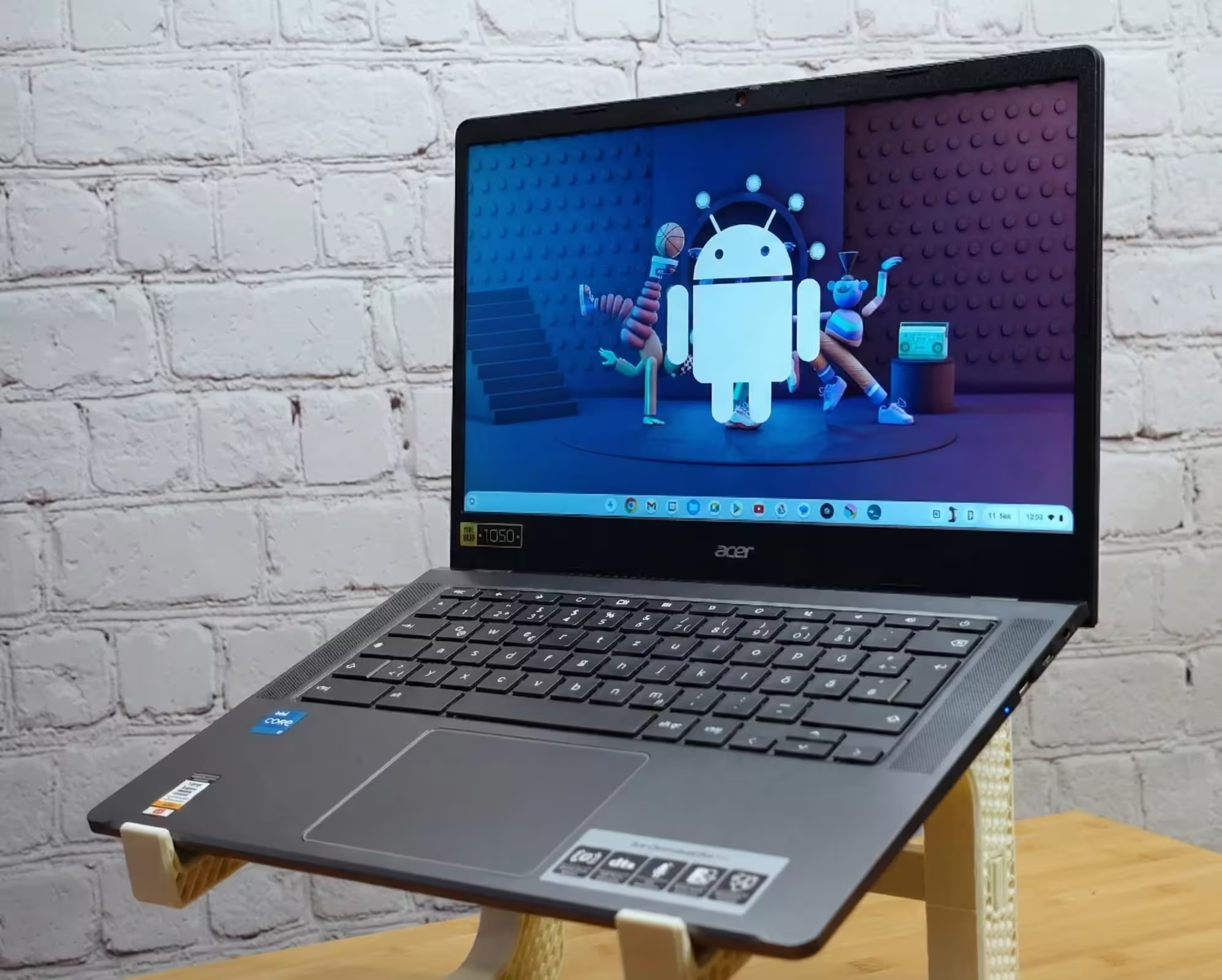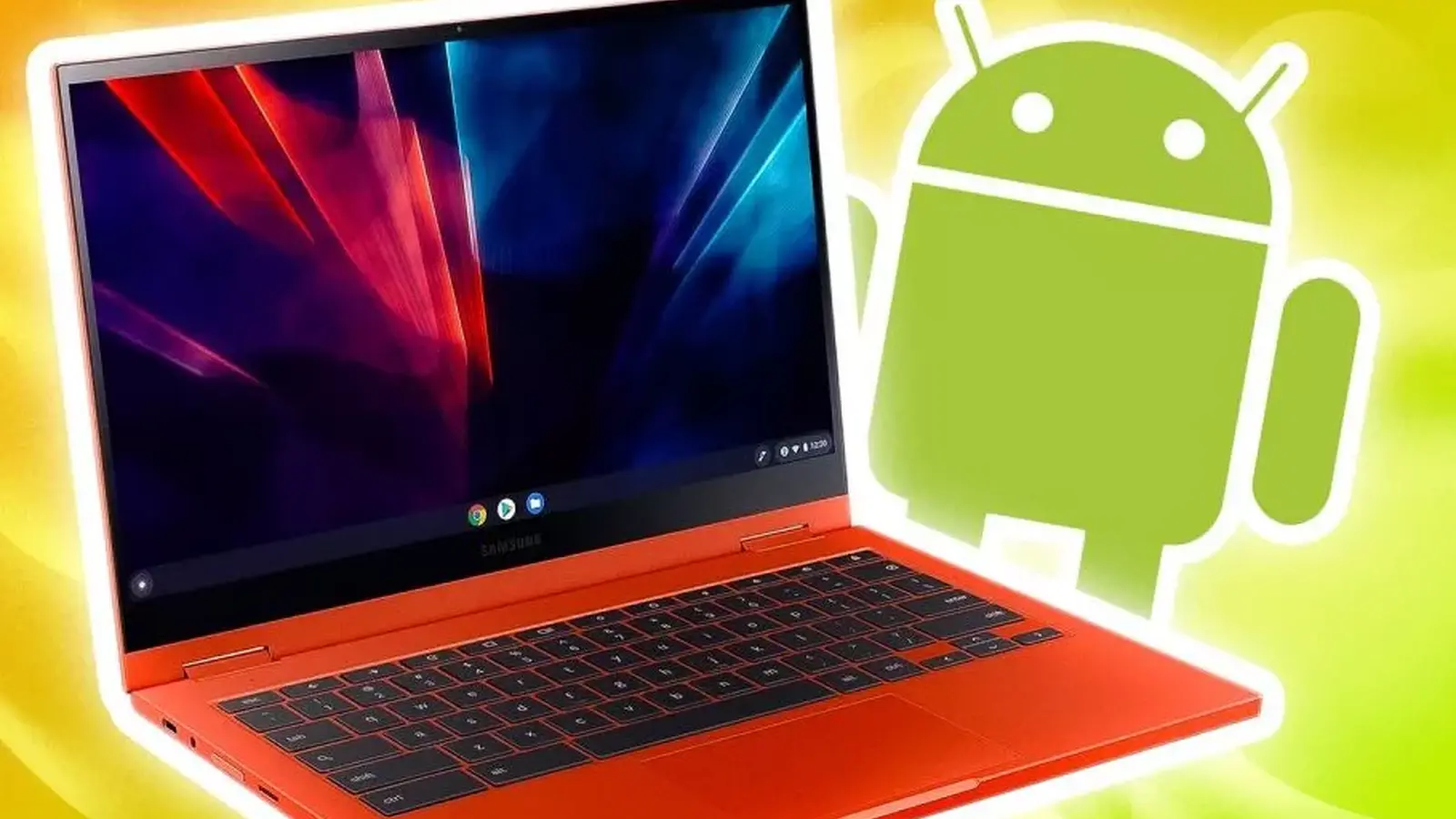4 Minutes
Google is quietly building a new desktop OS that blends the best of Android and ChromeOS. Known internally as Aluminium OS, the project aims to bring a full Android desktop experience to laptops, tablets, mini PCs and detachable devices — with AI as a central feature.
One platform to rule ChromeOS and Android
Imagine an operating system that keeps Android's app ecosystem and the simplicity of ChromeOS but runs natively across traditional PC hardware. That is the goal behind Aluminium OS. Sources say the platform will let users keep using ChromeOS if they want, while newer and supported devices will be offered a gradual, optional upgrade path to the new environment.
Early testing is focused on machines powered by Intel Alder Lake chips and MediaTek Kompanio processors, suggesting Chromebooks with those platforms may be among the first to ship with Aluminium OS. Google is positioning the OS to span multiple form factors, not just clamshell laptops — tablets, mini PCs and detachable hybrids are all in scope.

AI-first: Gemini and large language models baked in
What sets Aluminium OS apart is its deep integration with Google AI. The new platform is being built to fully leverage Gemini and large language models, with AI features woven into core workflows. Expect AI-powered assistants, smarter multitasking, and features that make desktop Android feel more proactive and context-aware.
Google has even advertised for senior product leadership specifically to steer Aluminium OS development and to coordinate device strategies across different hardware types. That signals a long-term plan to make this more than a niche experiment.
Migration and device strategy: smooth, optional, widespread
Transitioning from ChromeOS to Aluminium OS appears designed to be optional and phased, a smart move for enterprise and education customers who need continuity. Testing is already underway on hardware running MediaTek Kompanio 520 and 12th-gen Intel Alder Lake, which should help ensure a smoother migration for existing users.
At the same time, Google plans to ship new devices with Aluminium OS by default, while older Chrome-branded builds might remain available for classrooms or legacy use cases. There’s also a chance Google may label the new platform as Android Desktop in some contexts to align it more closely with the Android brand.
When will users see it? A look at timing and impact
Insiders expect a public preview of Aluminium OS at Google I O, with a broader release targeted for 2026. If Google hits that timeline and delivers strong AI features plus polished desktop workflows, Aluminium OS could present a meaningful challenge to Windows and macOS on consumer and light productivity hardware.
Whether it becomes the next mainstream desktop alternative will depend on app compatibility, enterprise management features, and how well Google marries Android app behavior with traditional desktop expectations. But one thing is clear: Google is serious about integrating Android and AI into the desktop computing world.
What this means for users
- Existing Chromebook owners may see an optional upgrade path rather than a forced migration.
- New laptops, tablets, and mini PCs could ship with Aluminium OS as the default OS.
- AI and Gemini integration will be a focal point, promising smarter system features and productivity tools.
- Google may retain ChromeOS branding for education or legacy scenarios while positioning Aluminium OS as the forward-looking desktop Android platform.
Aluminium OS is a clear signal of Google’s long-term strategy: unify Android across more device categories and use AI to make the desktop experience smarter and more competitive. Expect more details at Google I O and a staged rollout over the next couple of years as the company refines the balance between Android’s app ecosystem and desktop-grade capabilities.
Comments
Tomas
wow didnt expect that... If Aluminium OS gives a proper desktop Android with Gemini, I might actually switch from my Chromebook, but hope UI isnt kludgy
mechbyte
is this even real? Google making an Android desktop that actually challenges Windows sounds wild. but AI baked in everywhere, privacy? app compatibility worries...


Leave a Comment